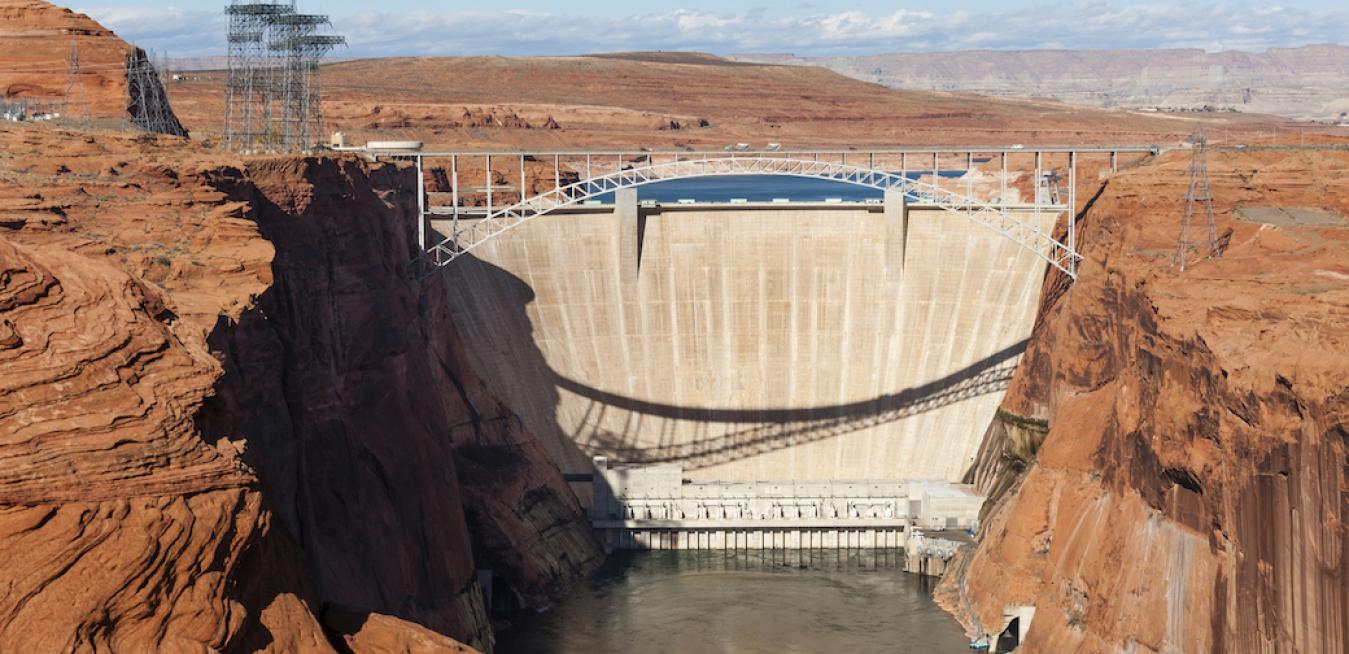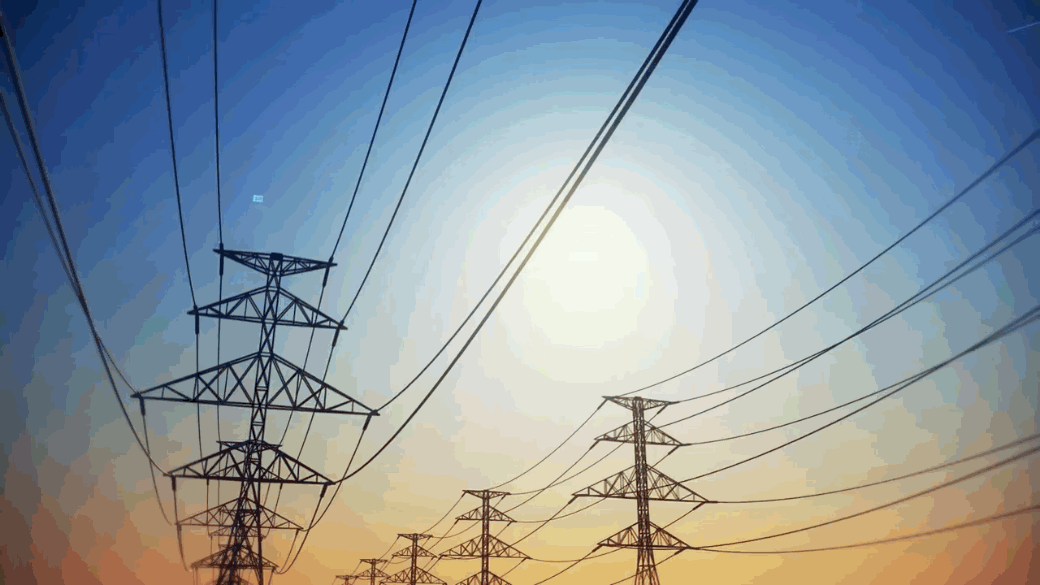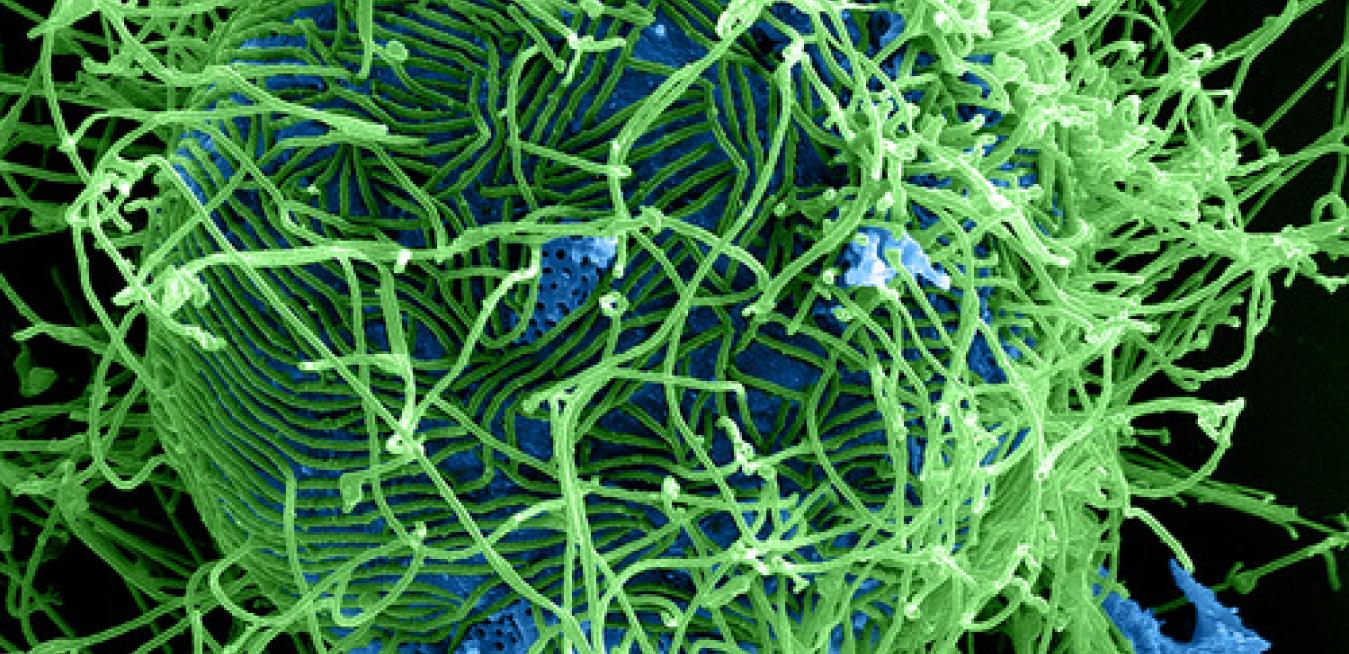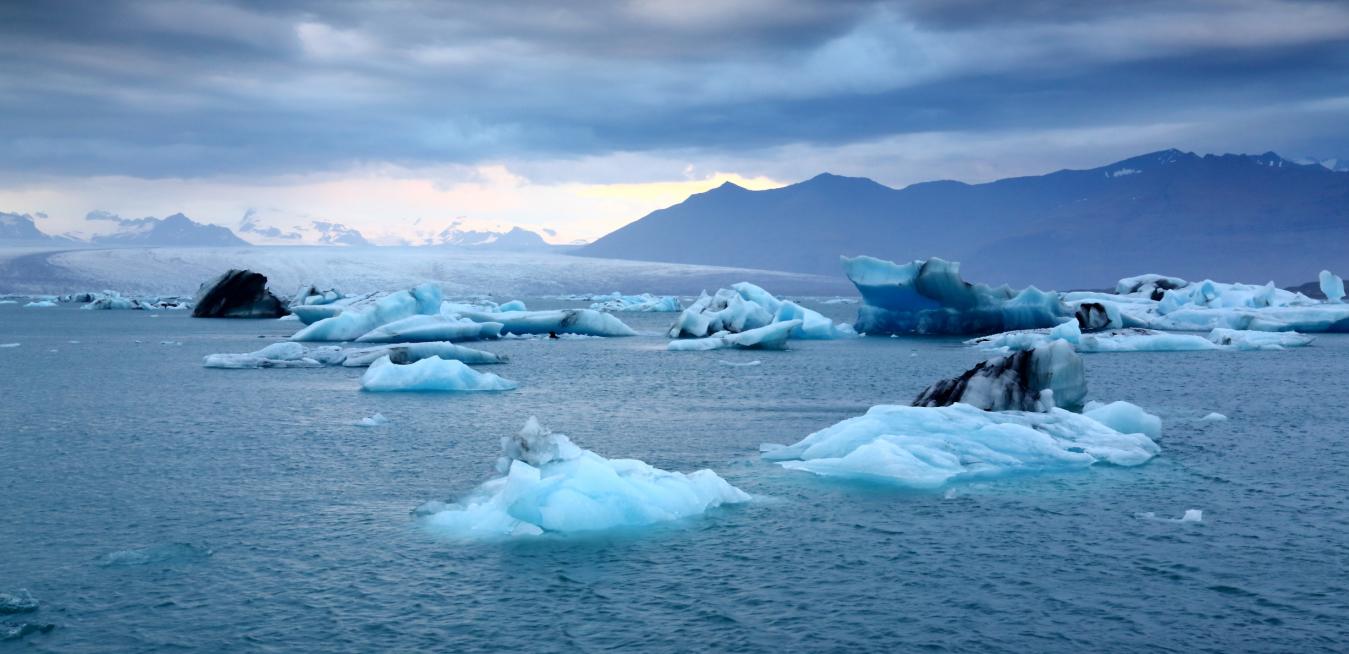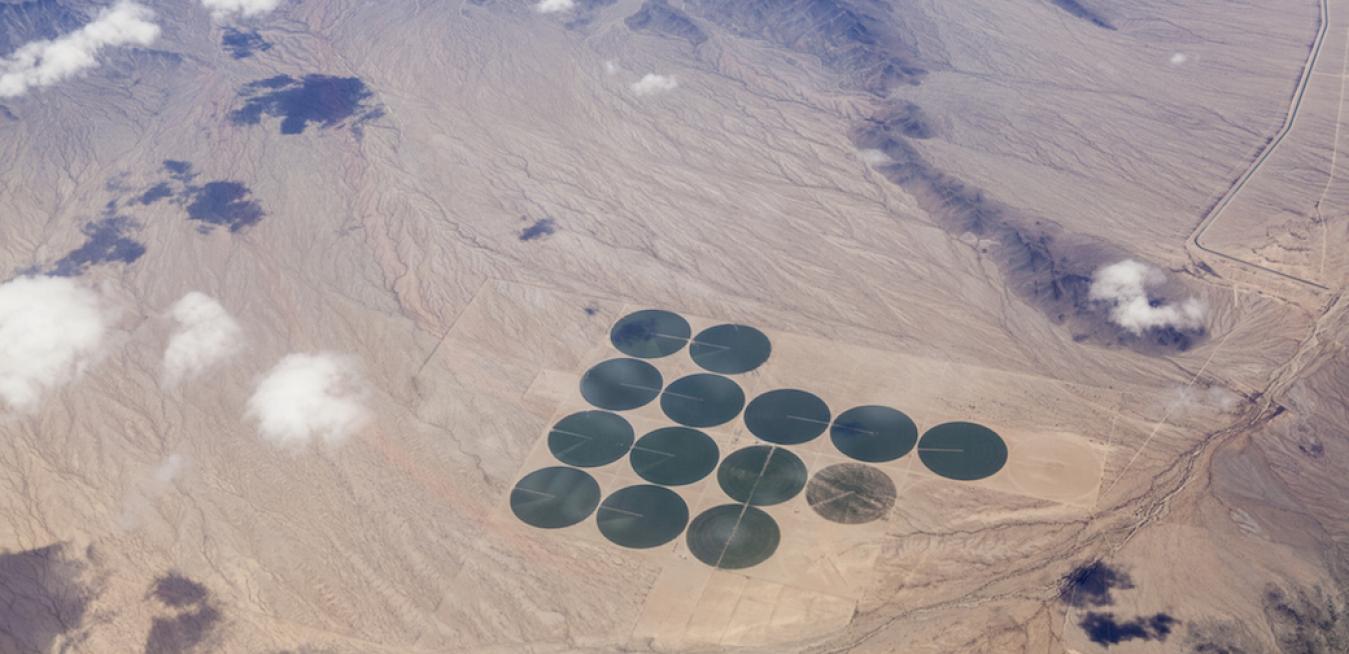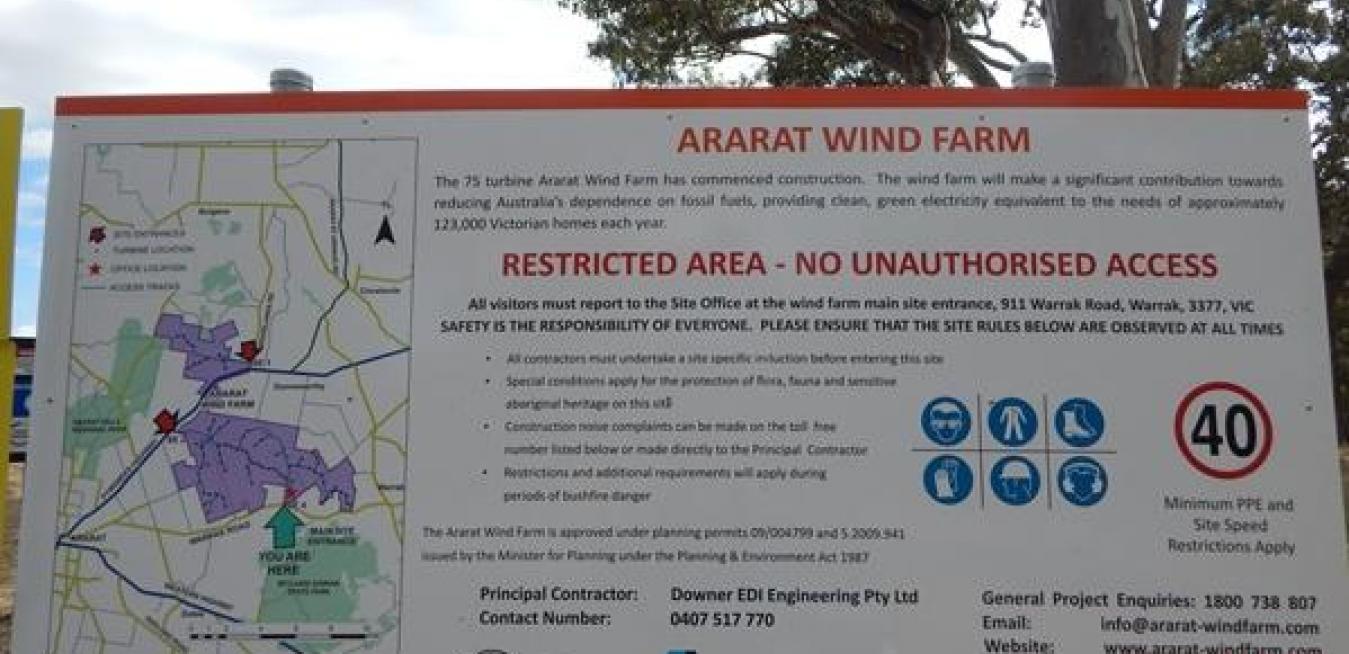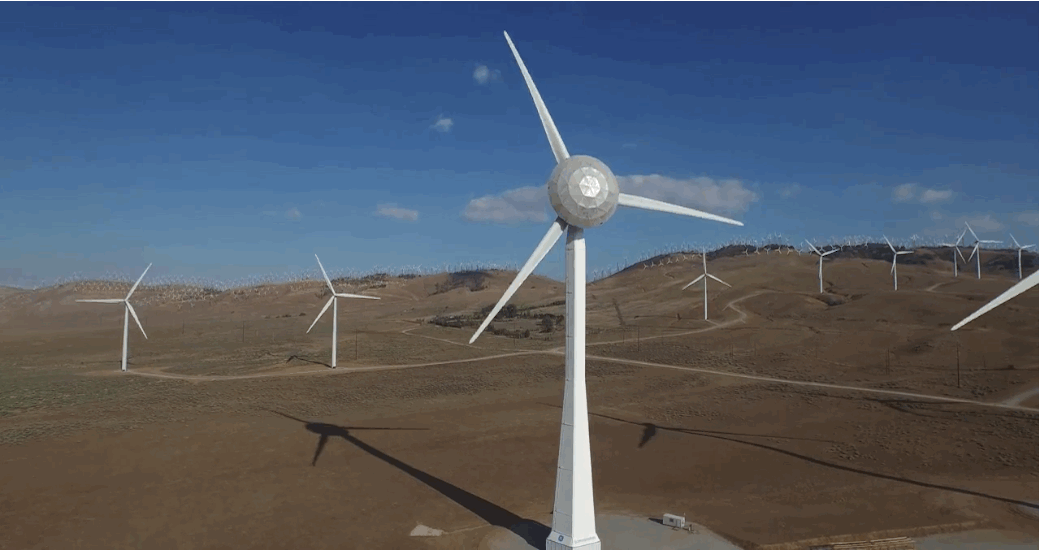The water-energy nexus presents a growing challenge for many parts of the world. We need collaboration among the public and private sector to come up with creative solutions to resource scarcity.
From advances in renewables to data-driven efficiencies and empowered consumers, 2016 offers the opportunity to shape the future of energy.
In my view, 2016 will prove to be a watershed year when it comes to sustainable energy. Years from now, we'll look back and realize that a variety of technological, design and demographic trends drove the power sector forward, accelerated by one key event — the Paris climate accord.
Deadly conflicts, horrific terrorist attacks and a worsening global humanitarian crisis have dominated 2015. Yet this year also saw a number of major international breakthroughs, most recently with the Climate Agreement in Paris. But for these agreements to bring us closer to a more peaceful, prosperous and sustainable world, 2016 must be all about action and implementation.
Without sensible water prices, industry has no incentive to innovate and conserve.
Industrial users are not paying enough for water. The same goes for farmers, commercial businesses, municipal residents — and every other user group.
Businesses can do more with less and find a sustainable path to growth by following the principles of frugal innovation.
Heads of state from around the world have gathered in Paris with a lofty goal — no less than saving the world. While political leaders seek an international agreement to keep global warming from threatening human existence, business leaders are confronted with their own challenge: how to achieve a sustainable model for growth.
Achieving the SDGs will require the private sector to work in authentic partnership with civil society and resist going back to business as usual.
Through an incredibly participatory process, the United Nations brought the world together to launch the Sustainable Development Goals (SDGs). All 193 Member States agreed in September to an ambitious agenda of 17 new global development goals that aim to end poverty, promote well-being and protect the planet.
